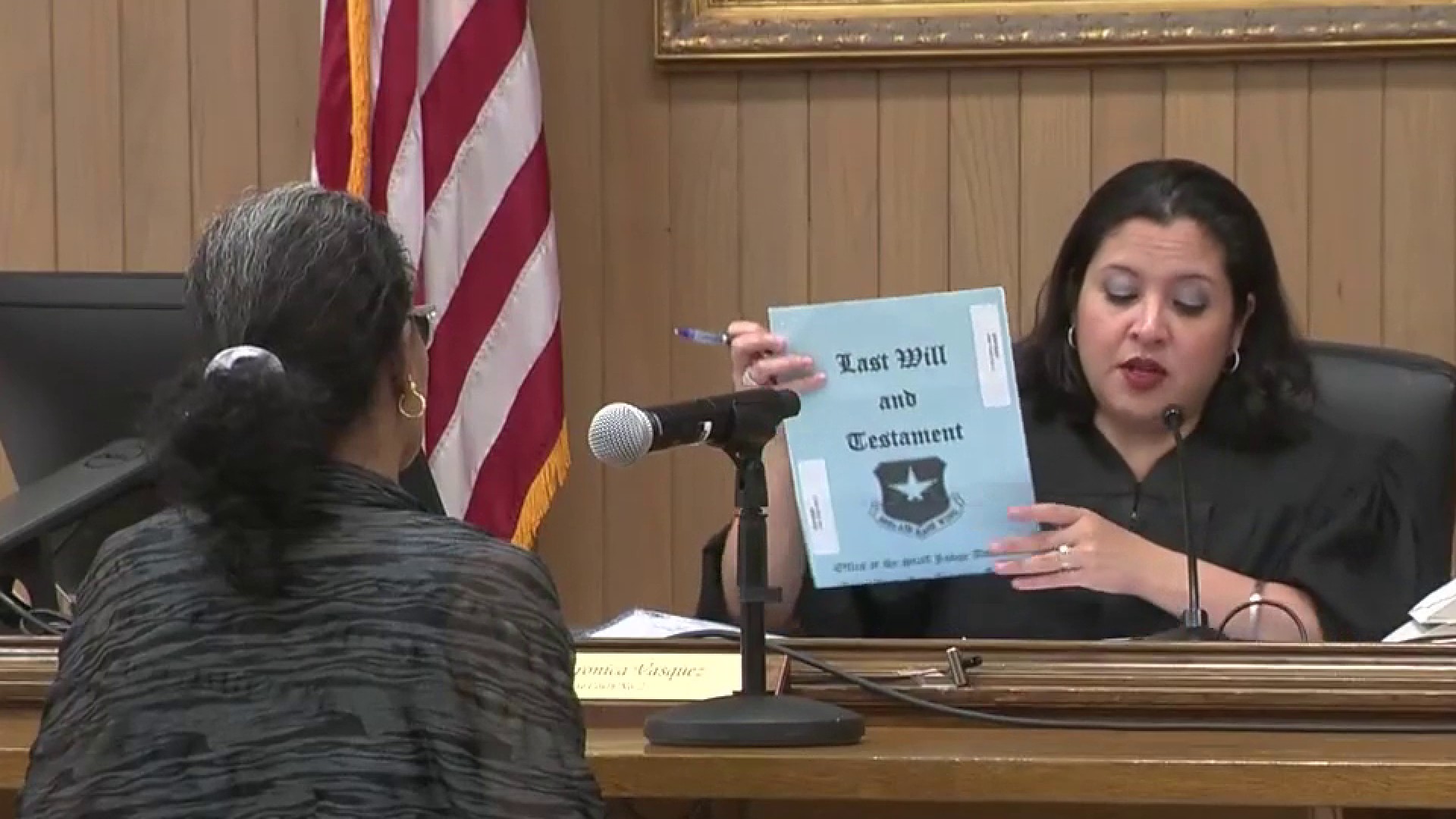Car Accident Tips Lawyers Want You To Know

No matter the severity of the accident, having legal representation at hand can make a big difference when dealing with insurance companies. Here are some helpful tips:
Documenting your accident (with photographs and any police reports). Medical documentation should also be filed, even if adrenaline reduces any pain levels temporarily.
Don’t Admit Fault
While it can be tempting to admit responsibility for causing a car accident yourself, this is never in your best interests. Doing so not only deprives you of compensation for losses incurred but can lead to legal ramifications further down the line. For this reason, it is wiser not to admit fault at the scene itself and allow investigators and insurance representatives to determine who is at fault.
Whenever someone approaches you at the scene of a crash and inquires whether you caused it, any car accident lawyer will tell you to respond by simply saying you don’t know. Even if you believe you were responsible, an investigation needs to take place in order to know what factors led to its formation; you might miss important information regarding another driver’s actions or circumstances that are beyond your control that would help determine responsibility.
Most states also have comparative negligence laws that enable you to recover damages even if you were partly at fault in an accident, yet if you admit fault on the scene it is likely that their insurance company will assign a percentage of fault and subtract losses from their total settlement offer – this way you risk not receiving the full amount of compensation that is due for injuries and losses suffered.
Don’t Give a Recorded Statement
Insurance companies frequently try to coax injury victims into giving recorded statements under the pretense of gathering more information about their accidents. They’ll claim they need this knowledge in order to ascertain liability and settle claims fairly, but in reality, their goal is likely more nefarious: use what you say against you in an effort to either deny your claim altogether or reduce their payout amount.
No matter the temptation, cooperating will only doom your case in the long run. Instead, it would be in your best interests to refuse to give a statement or, if necessary, insist upon having your attorney present during the recording so they can assist with coaching you on what and how to respond to certain questions.
Adjusters conducting recorded statements will examine your version of an accident against what law enforcement officers or witnesses have told them, as well as any discrepancies between how you reported your injuries during your statement and their severity. Furthermore, any disclosure of personal problems or finances could be used against you and used against you as evidence that led directly to an accident.
Don’t Sign Anything
After being involved in a car accident, dealing with injuries, medical costs and unexpected costs can be very traumatic. Under pressure to make decisions quickly and resolve matters efficiently quickly can be tough; making mistakes that compromise your claim are likely. One serious error would be signing documents without consulting with an attorney first – insurance companies for at-fault parties will ask you to sign all sorts of papers right after a wreck; instead, politely decline all requests while seeking professional legal advice instead.
Insurance companies will often request access to your medical records. By giving them this access, they could use them to try and prove that your injuries were less serious than they appear or that other accidents contributed to them. It would be prudent to wait until the treatment has concluded and all final medical records have been provided before agreeing to give access.
Your insurance company isn’t on your side; they will do everything possible to settle your case as cheaply as possible. Your best bet is hiring an experienced car accident attorney who will negotiate on your behalf with the insurance company and prepare a trial strategy if necessary – these attorneys often operate on a contingency basis so only pay them when they successfully secure compensation for you.
Don’t Talk to the Insurance Company
After being involved in a car accident, it’s often best to avoid speaking to your insurance company’s adjusters directly. If necessary, however, only provide them with what information they require and avoid saying anything that could undermine your claim or seem as though you were at fault for what occurred – these adjusters are trained in trying to convince people that injuries they sustained are minor or blameworthy based on anything you say in their interview.
Apologizing – In your efforts to show mercy for the other driver, it may be tempting to apologize to their insurance adjuster; however, this can be taken as an admission of guilt and used against your claim. Playing Down Your Injuries – Never minimize or downplay your injuries before receiving a full medical evaluation; there may be hidden injuries that require attention that need diagnosis by a physician.
Be mindful that an insurance company’s primary goal is to pay out as little money as possible in settlement claims. They do not prioritize your best interests nor care how severely injured you were; insurance companies are profit giants who know exactly how to leverage the system against them and your claims for maximum gain.











